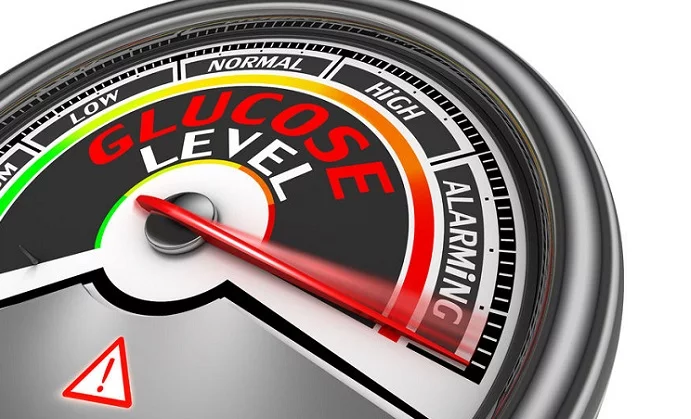Defining CoQ10
If you’ve heard of the benefit of antioxidants, you may be surprised that your cells create an antioxidant themselves called the Coenzyme Q10, regularly known as CoQ10. While also using it to generate energy, your cells use this enzyme as an antioxidant, which maintains and repairs themselves. As you age, your body produces a lower amount of CoQ10 which puts yourself in danger of cell damage as well as making your cholesterol higher. This causes issues if you suffer from other diseases such as heart defects, diabetes, and Parkinson’s disease.
CoQ10 is sold as an over-the-counter supplement, whose benefits are proven to help people with heart disease and to lower cholesterol without the horrible side effects. This enzyme is also found in certain foods, like oily fish and organ meat. However, having a daily dinner of liver and salmon may not provide the CoQ10 you need to benefit your heart.
A Supplement to Abate Side-Effects from Cholesterol Medication
Heart disease comes hand-in-hand with high cholesterol, which you would know. Medications prescribed to people who have high cholesterol are called statins. However, the higher your dosage is, the more side effects you could suffer from. Some of these side effects are
- Lower levels of CoQ10
- Muscle stiffness
- Muscle cramps
- Liver and kidney damage
- Nausea
- Diarrhea
- Increased blood sugar levels which could lead to Type 2 Diabetes
How Does CoQ10 Benefit You?
The supplement CoQ10 has been studied to see its effect on reducing statin side effects. Although most studies praise the benefits of this enzyme, other studies provide results that there is no effect at all. For example, in a study conducted on Czech patients taking medication for high cholesterol, the use of CoQ10 had no effect on side effects of statins.
When looking whether CoQ10 relieves muscle pain, researchers have discovered that most patients taking the supplement for an extended period of time have reported positive results. One study from Pubmed records that most people are not educated in the benefits of CoQ10, which is unfortunate as it can really help them on the road to recovery. If you are suffering from a heart or liver disease, cramped, painful muscles may hinder your climb back to health and worsen your mood. Not only does CoQ10 relieve muscle pain, it also has shown to uplift a patient’s mood.
For people who have suffered a heart attack, taking CoQ10 supplements along with their regular medication has been proven to improve their life expectancy and relieve some symptoms. However, some studies have seen no effect of lowering blood pressure while using CoQ10, as reported through Wikipedia. Keeping your blood pressure in check is extremely important especially if you have already suffered a heart attack. It is, unfortunately, more likely for someone who has suffered a heart attack to have another one. CoQ10 may be a natural solution to preventing heart attacks.
Something to keep in mind if you are considering adding CoQ10 to your daily intake is its own side effects. A side effect that is often noted is nausea. There is also a possibility of it being detrimental to people with diabetes, as it lowers blood sugar. It may not be compatible with other medications for depression, chemotherapy or beta-blockers. Ask your doctor before starting a new supplement to figure out what is best for you.
CoQ10: What We Think
The number of studies that advise patients to take CoQ10 is numerous and we think convincing. On one hand, CoQ10 is still not accepted by all doctors, nor is recommended as the #1 treatment for many diseases. However, most studies focusing on its effectiveness have praised its positive results. Abating certain side effects from high cholesterol and other heart disease is essential when finding a natural way to help people suffering from heart disease.
Do you want to find an effective CoQ10 treatment? Check out our top rated CoQ10 products











